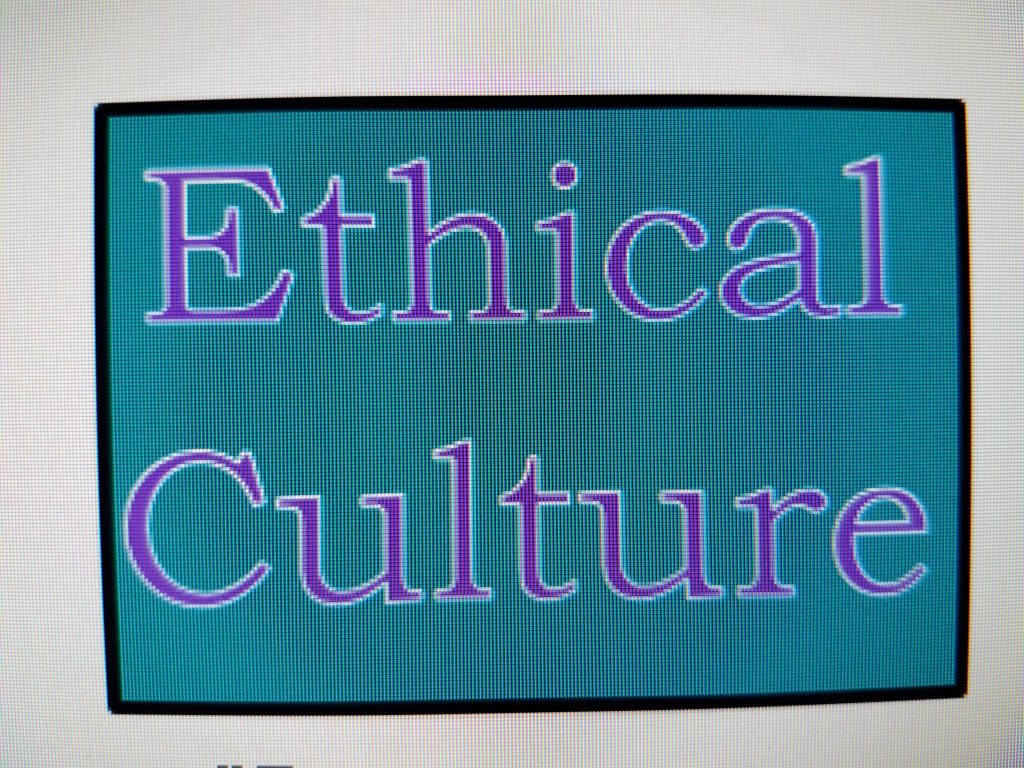
 With weekly – and sometimes daily – scandals in the corporate world, standing out as an ethical business is the backbone of success. It begins in the highest echelons of a company. When the owner, HR, and upper management make ethical behaviors the only acceptable option, the rest of the team – down to the most entry-level position follows suit. Consider these words of wisdom from Michael C. Hyter, Korn Ferry, Washington D.C.
With weekly – and sometimes daily – scandals in the corporate world, standing out as an ethical business is the backbone of success. It begins in the highest echelons of a company. When the owner, HR, and upper management make ethical behaviors the only acceptable option, the rest of the team – down to the most entry-level position follows suit. Consider these words of wisdom from Michael C. Hyter, Korn Ferry, Washington D.C.
“What it [ workplace ethics] means to me is an environment that makes it easy to do the right thing and makes it difficult to do the wrong thing. When employers respect the law and treat employees in a fair and consistent manner, employees begin to trust managers and internalize the company’s values as their own. Once that happens, ethics become embedded in the workplace culture.”
Actively expect high ethical standards from your management team. Insist on credibility in every arena – from B2B to consumers to interactions with staff. Challenge management staff to not only hold a high personal standard, but also to consistently discuss expected workplace ethics with their staff. Present potential ethical issues that may come up and find ways to brainstorm through them as a team. When management is on the same ethical page, the company as a whole will adopt the same types of ethical behaviors.
Foundational Blocks to True Ethics
Integrity: Possessing and steadfastly adhering to high moral principles or professional standards.
- Keeping everything on the table – from company meetings to business transactions
- Accurate reporting of all things financial
- Abiding by company policies and protocol
- Properly recording financial transactions
- Abstaining from using company time/materials for personal activities/uses
- Keeping your word
- Giving credit where credit is due
Accountability: Believing that you are fully responsible for your actions and consequences.
- Performing with excellence
- Being fully present
- Fulfilling responsibilities – on time
- Taking responsibility for your actions – acknowledging mistakes
- Avoiding rationalization based on the actions of others
- Responding swiftly to unacceptable behavior among those under your charge
- Accepting correction, constructive criticism, reprimand, etc.
Code of Conduct: Establishing in writing your companies values, expectations, and principles of ethical and appropriate workplace behavior.
- Showing respect to everyone – regardless of position and or any diversity
- Treating all equipment/supplies, whether the company’s or another coworker’s, with care and consideration – no frivolous use, “borrowing” without request, etc.
- Honoring the company’s ownership of intangible property, such as copyrights, logos, information, reports, public image
- Collaborating with co-workers – being a true team player
- Following to company guidelines – such as dress codes, vacationing, personal days, office relationships
- Complying with legal guidelines
Keeping a written standard of ethical behavior, communicating that standard to employees, training them, and holding them accountable to it – starting at the top – will create an ethical culture and ultimately, a successful company. Here at Springborn Staffing, we consider it the only option. That’s why we are Maine’s leading staffing firm. We love doing business with solid, ethical companies in Bangor, and Portland, Maine, and surrounding areas. Contact us today.




